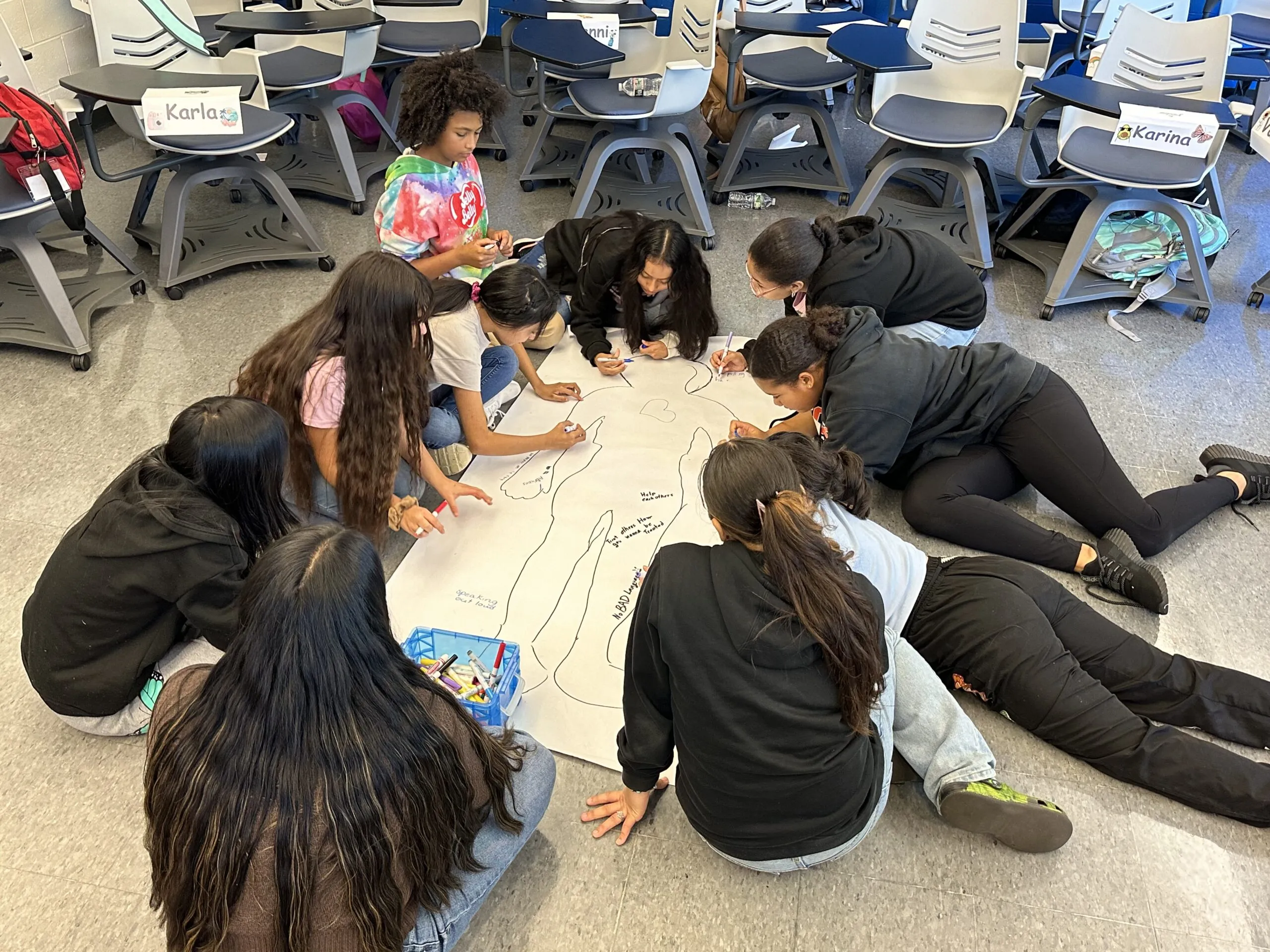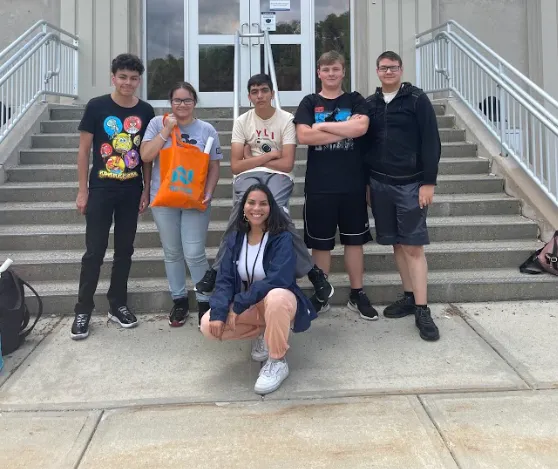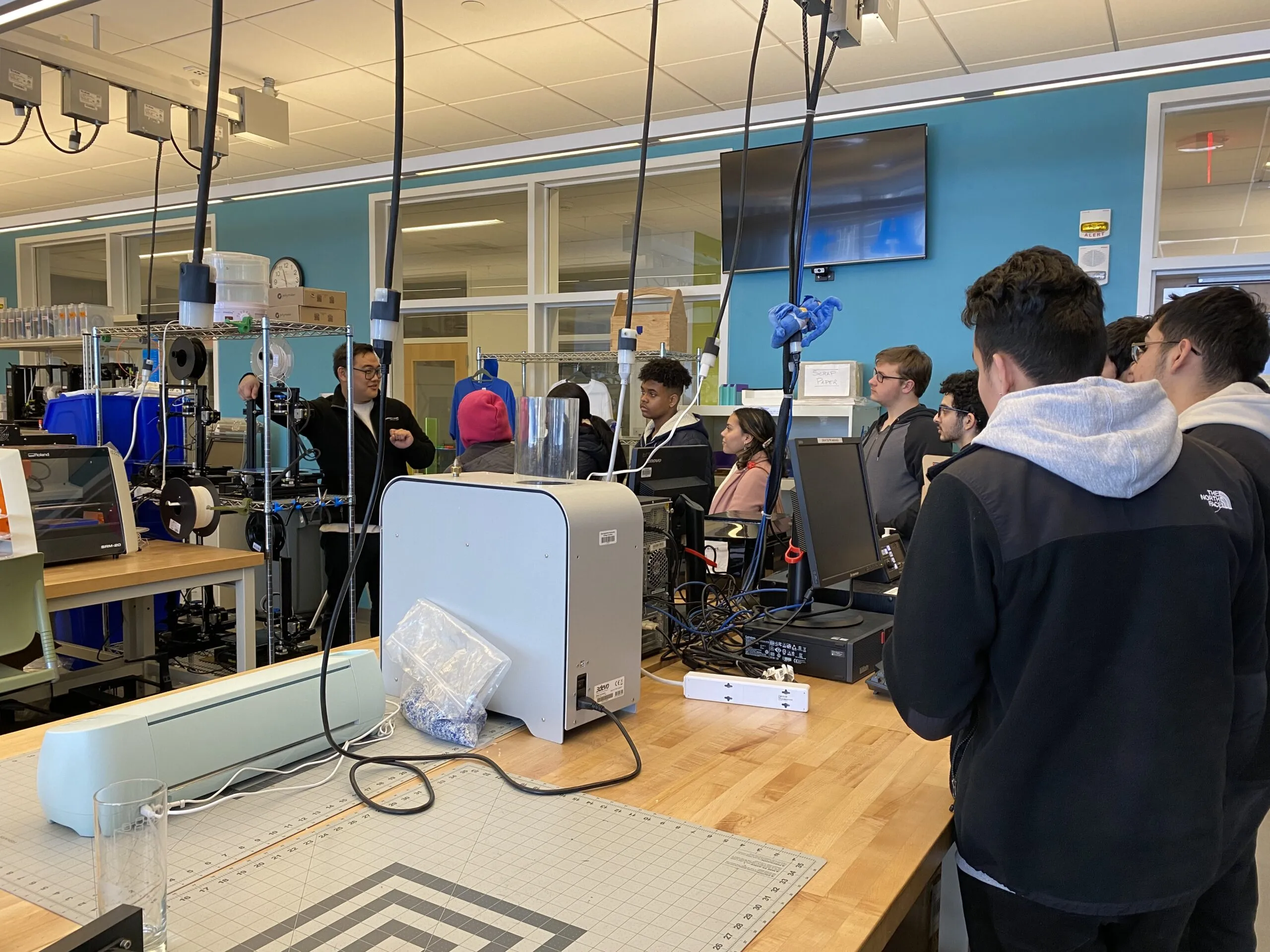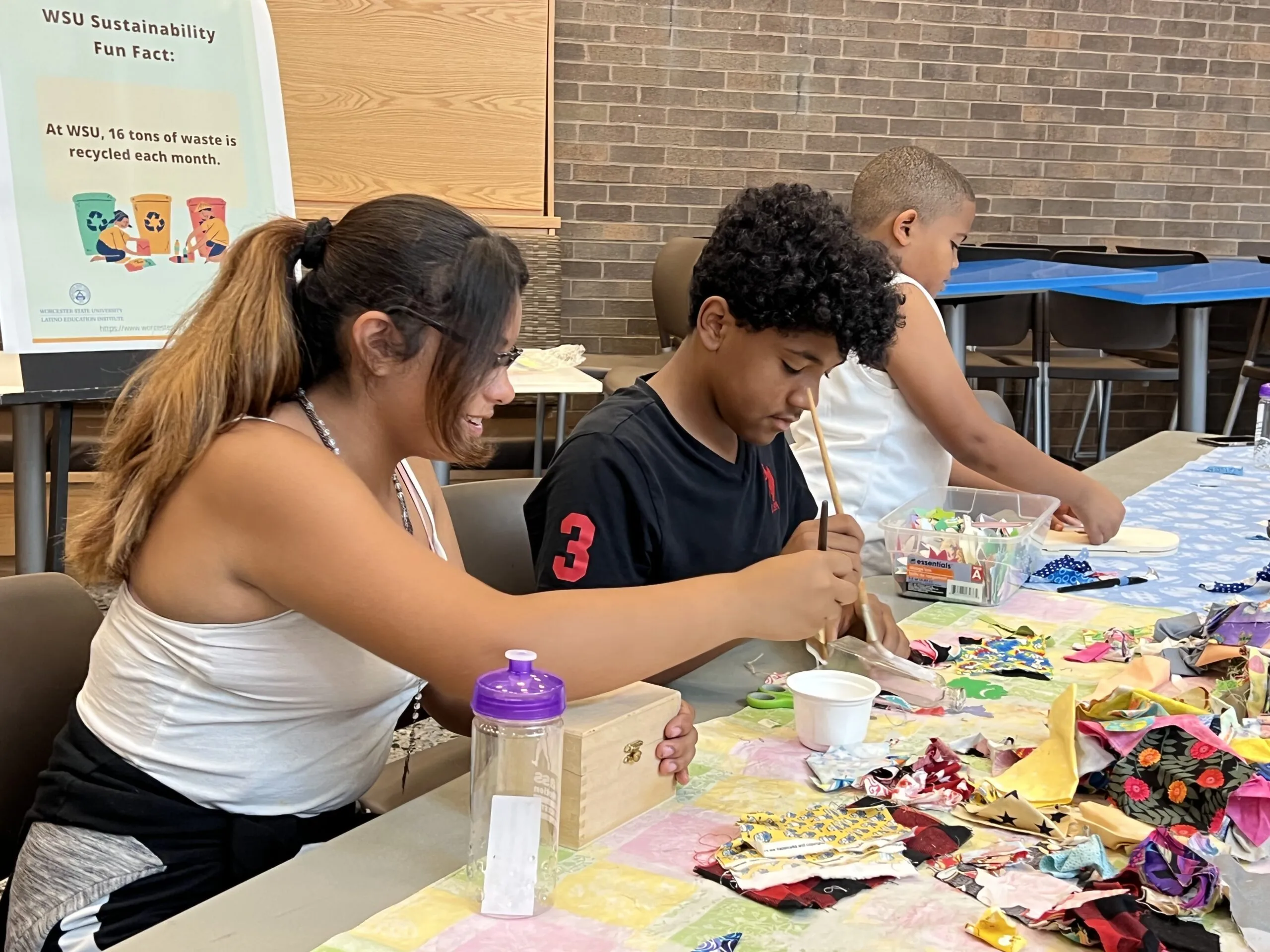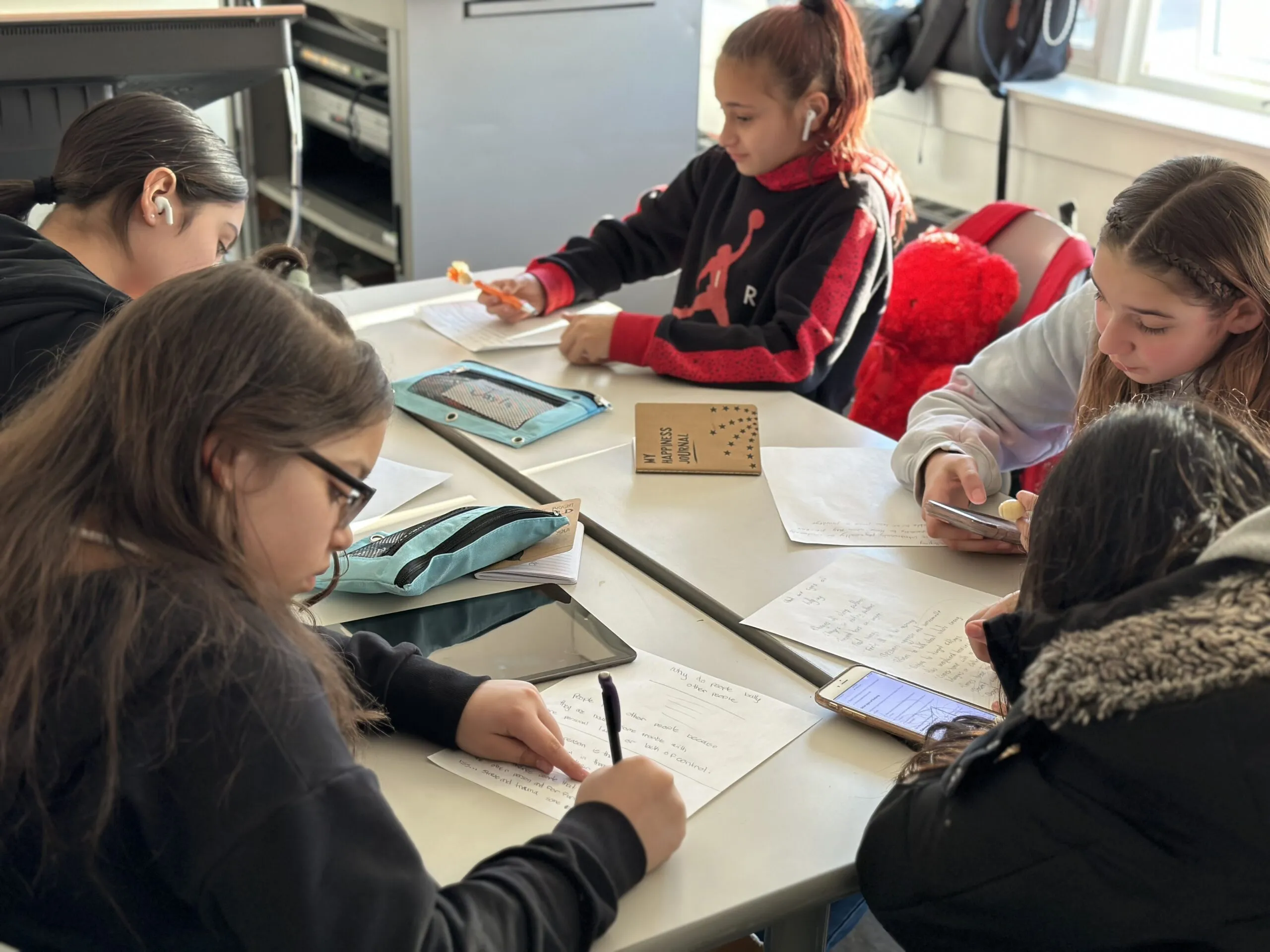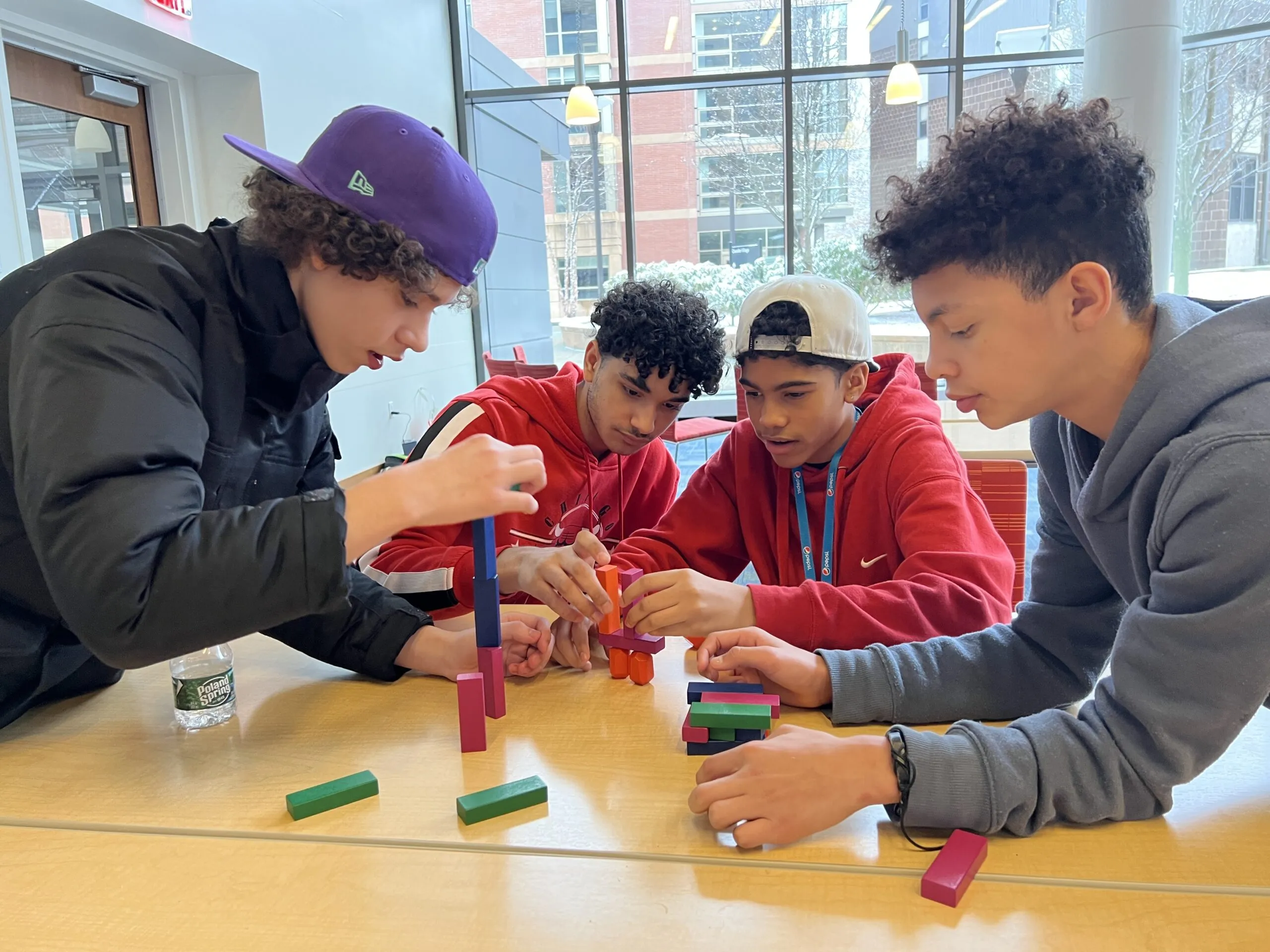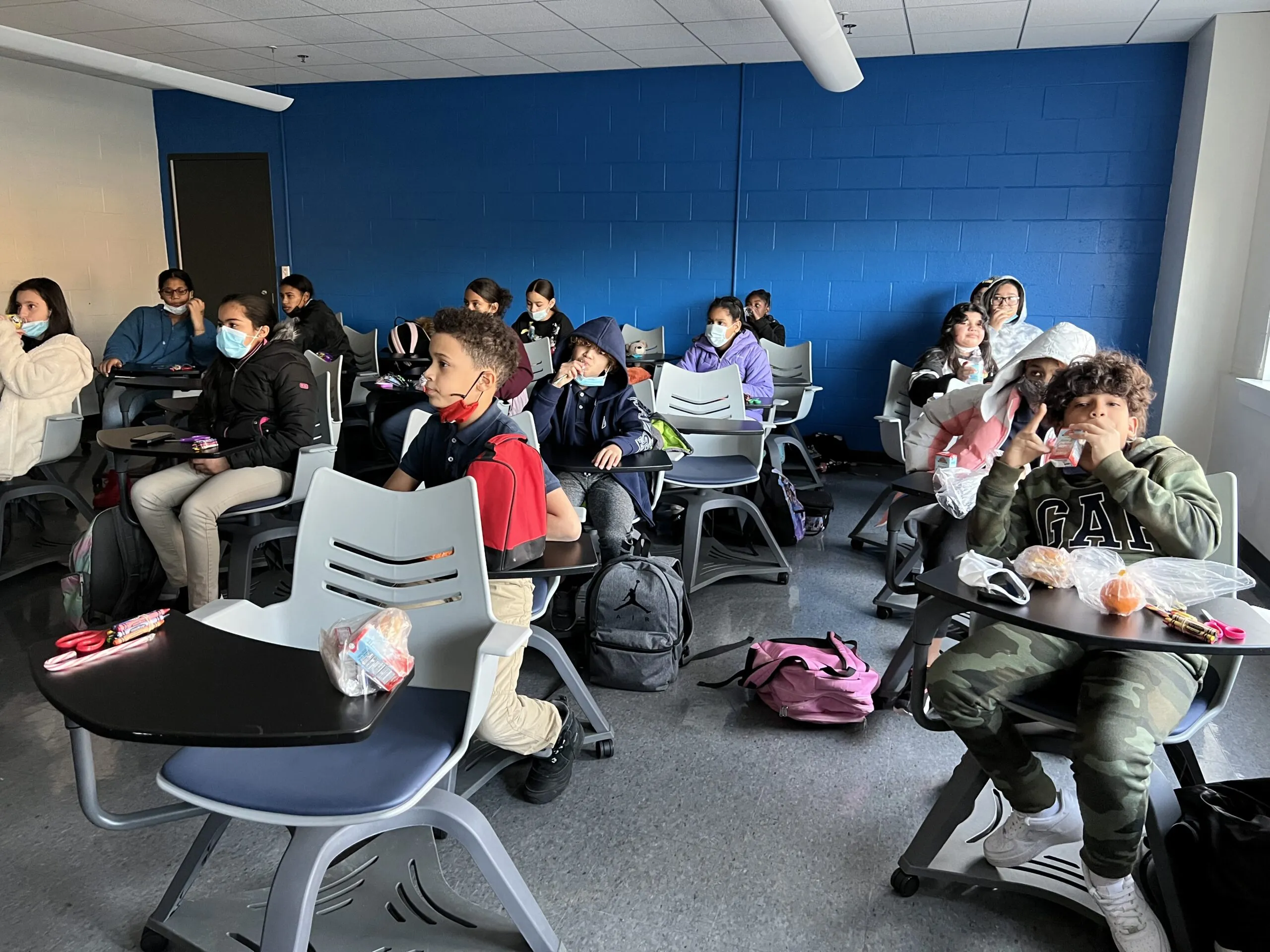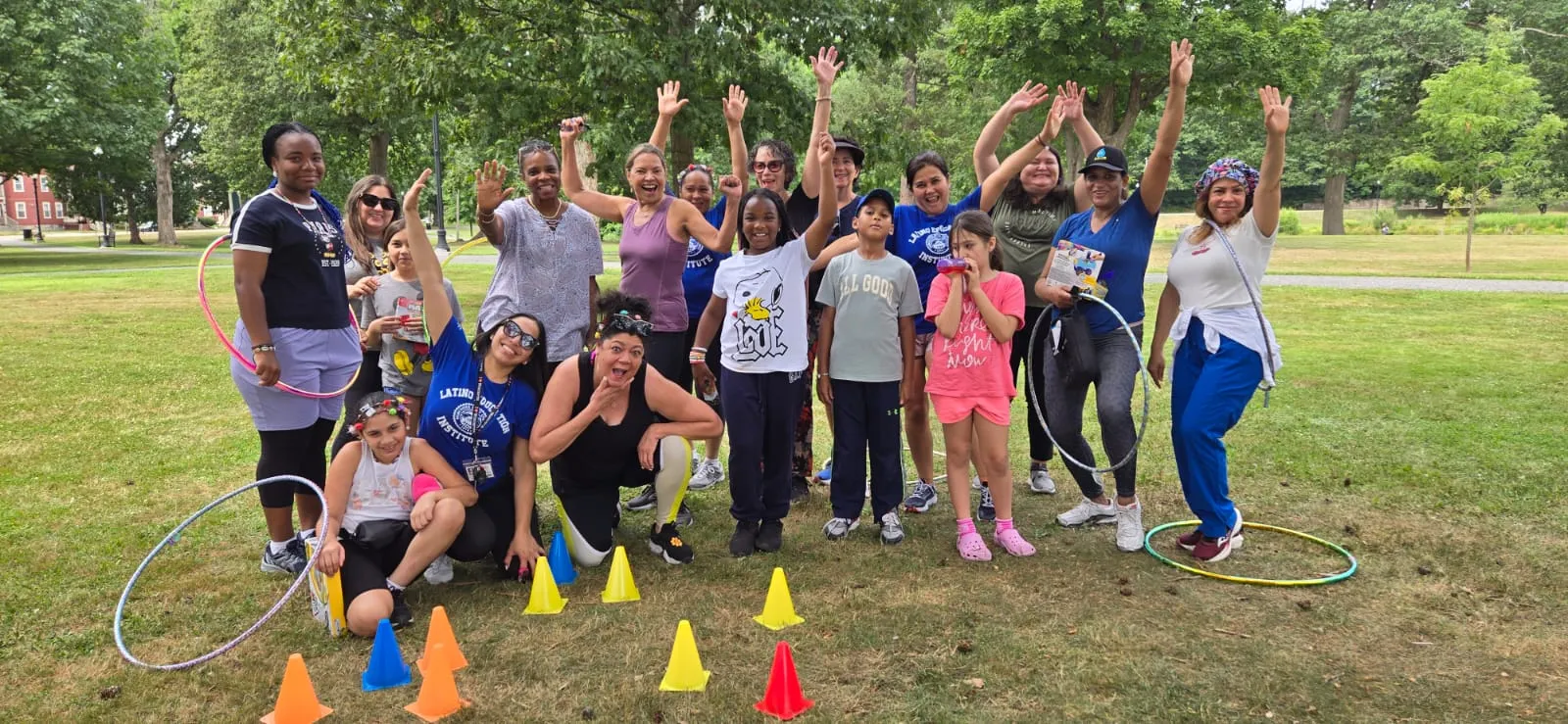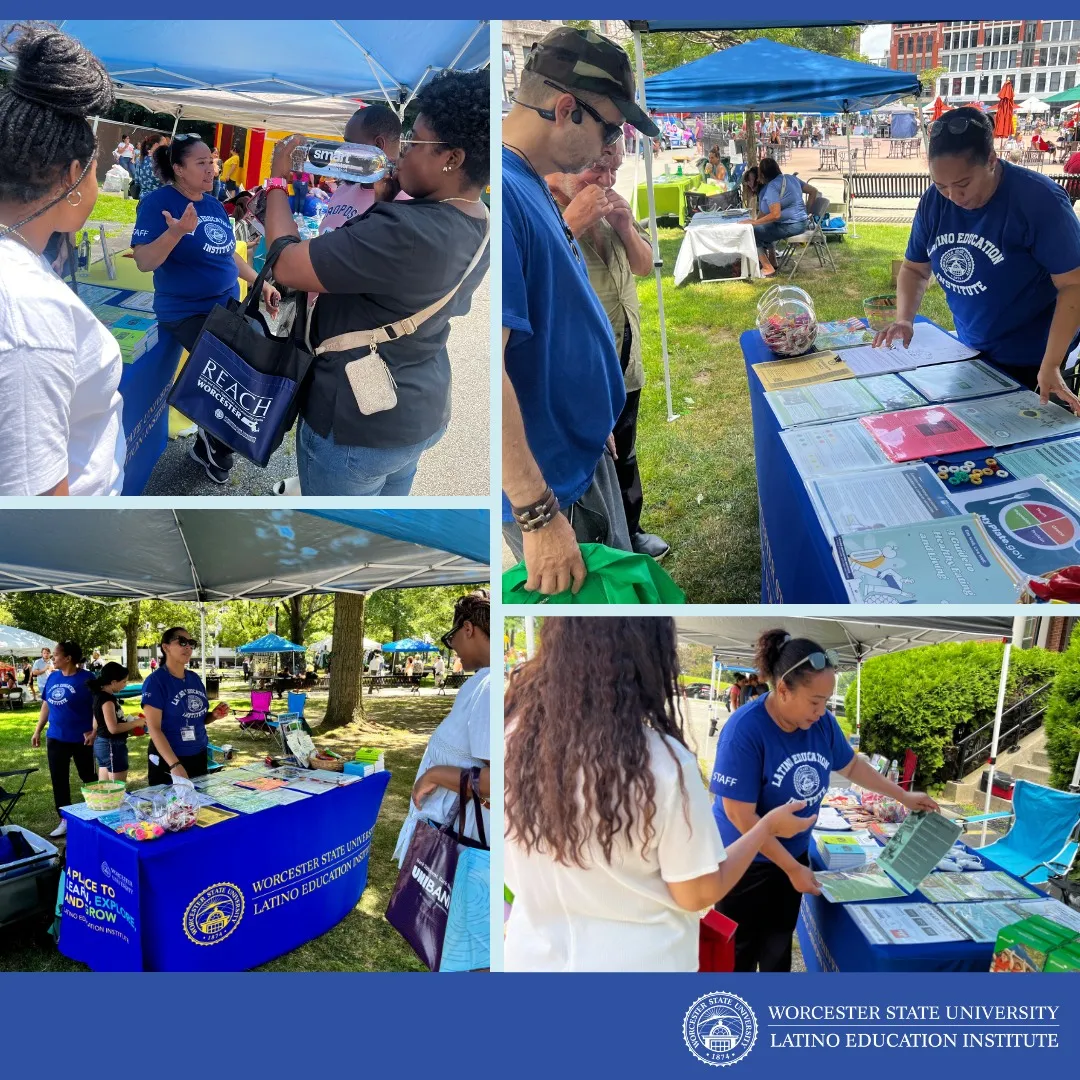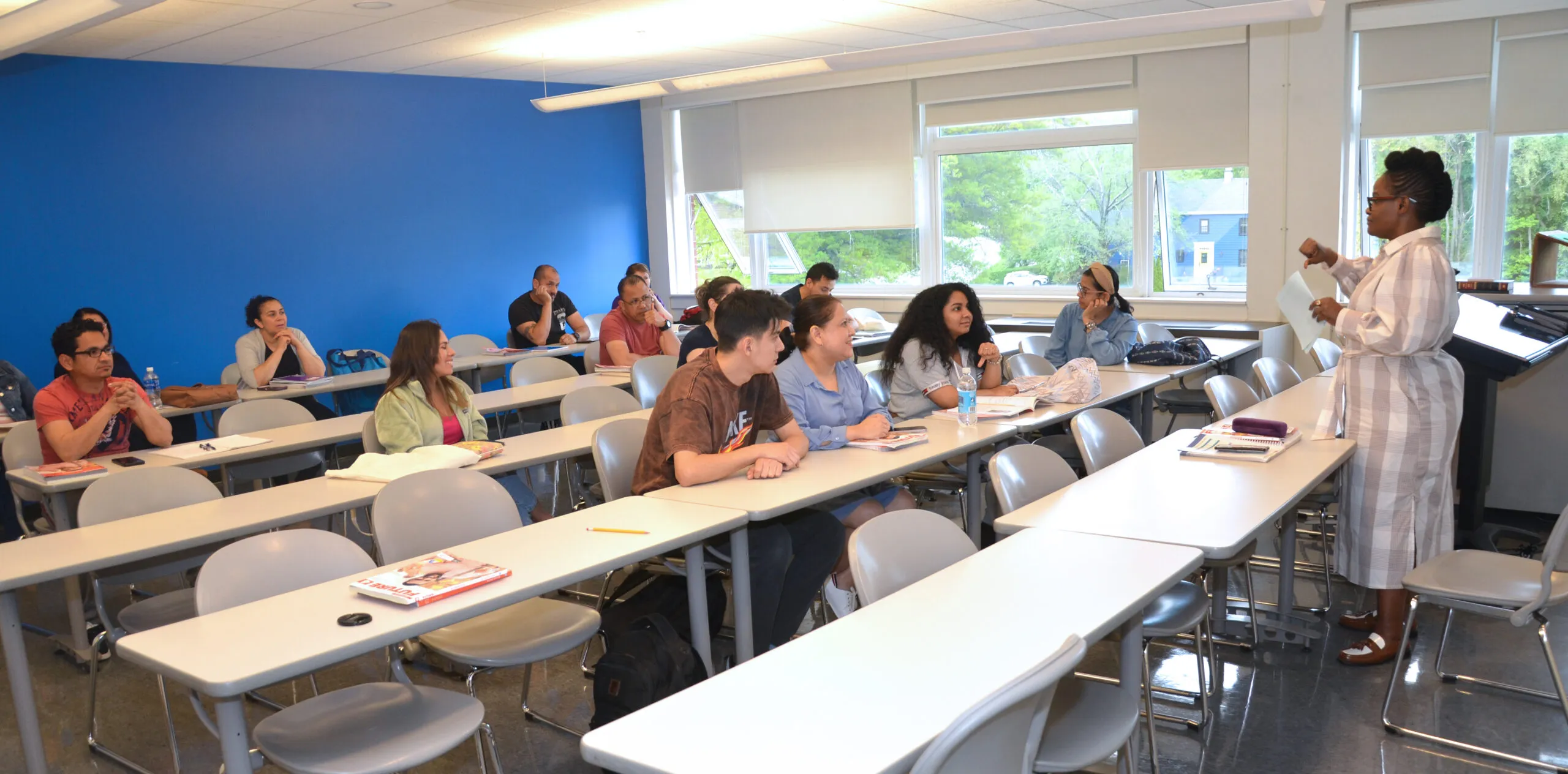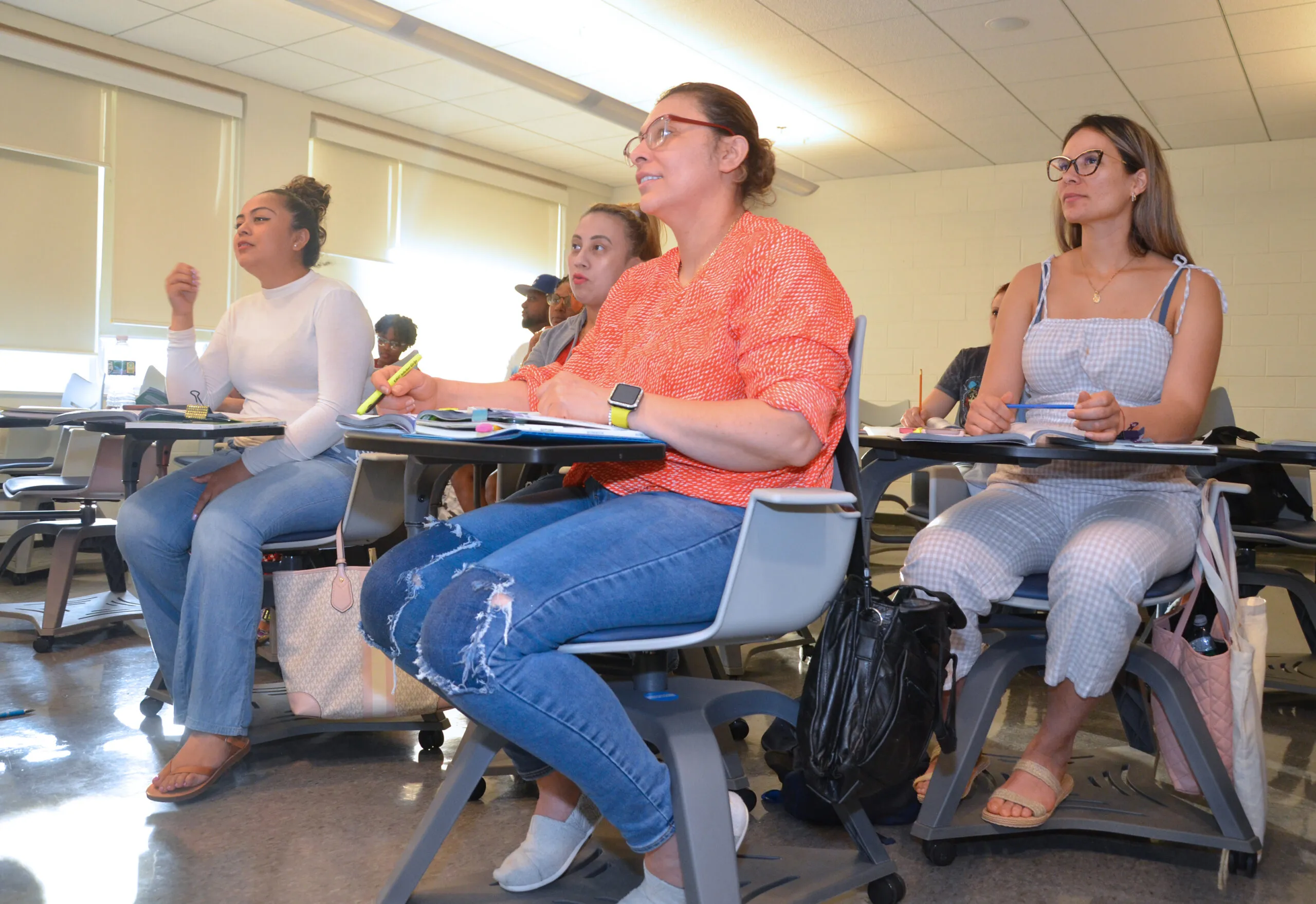We are extremely proud of the LEI impact on education, health, and community.
Impact on Education
The LEI mission is to improve the academic achievement and well-being of Latinx students (grades K-16) and their families from the City of Worcester. The LEI of Worcester State University offers a variety of programs for Worcester’s Latinx children, youth and their families to ensure the academic success and overall well-being in our community.
Successful rates for the youths we serve!
(2023-2024) -
-
-
-
-
-
-
-
Impact on Health
 We are excited to announce that the Latino Education Institute (LEI) has received funding from UMASS Memorial for the Promotoras de Salud program. This support will enable the program to expand its health education efforts in both English and Spanish across Worcester Public Schools and community events over the next 2-3 years. The Promotoras de Salud will focus on promoting healthy eating, addressing food insecurity, and connecting the Latino community with essential healthcare services. With a deep understanding of local cultural and social factors, the team of Health Promoters will continue empowering the community through educational workshops, outreach initiatives, and partnerships with local organizations to improve health outcomes and reduce disparities.
We are excited to announce that the Latino Education Institute (LEI) has received funding from UMASS Memorial for the Promotoras de Salud program. This support will enable the program to expand its health education efforts in both English and Spanish across Worcester Public Schools and community events over the next 2-3 years. The Promotoras de Salud will focus on promoting healthy eating, addressing food insecurity, and connecting the Latino community with essential healthcare services. With a deep understanding of local cultural and social factors, the team of Health Promoters will continue empowering the community through educational workshops, outreach initiatives, and partnerships with local organizations to improve health outcomes and reduce disparities.
Our amazing Promotoras Team on a mission to keep Worcester healthy! -
-
Impact in Community
In general, the REACH Initiative was centered around five main areas:
- Food systems: Promoting the buying and selling of fresh fruits and vegetables, addressing food insecurity, and supporting food benefits like SNAP, HIP, and WIC.
- Built environment: Improving human-made physical environments, such as sidewalks, crosswalks, bicycle routes, public transit, and pedestrian safety.
- Breastfeeding: Raising awareness about the importance of breastfeeding in children’s development and providing support for breastfeeding mothers.
- Early childhood and education: Supporting programs and policies that prevent childhood obesity by promoting healthy eating, physical activity, and school accessibility.
- Clinical community referrals: Directing the population to programs addressing various needs like food insecurity, housing, employment, transportation, and healthcare (immunization records).


